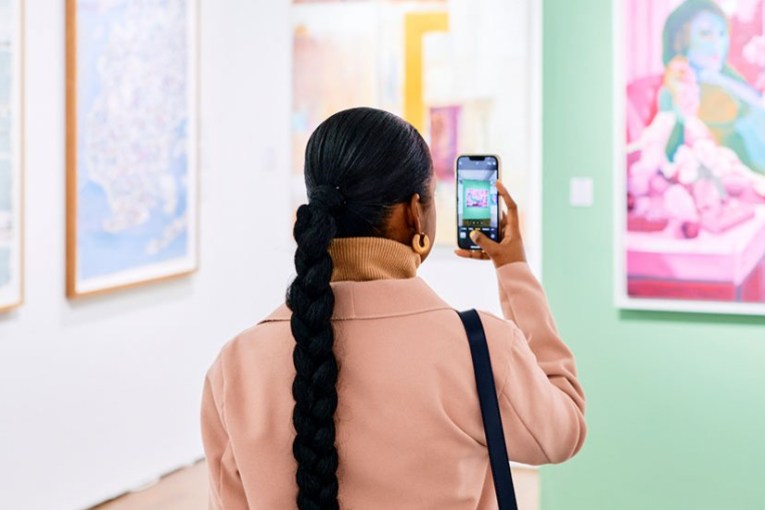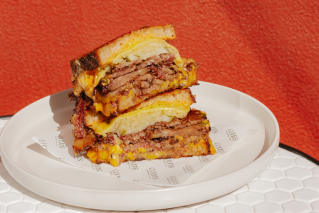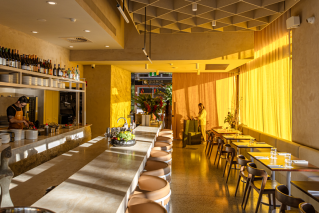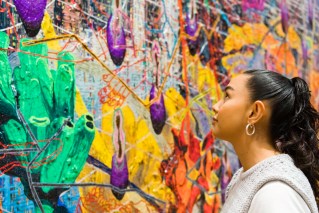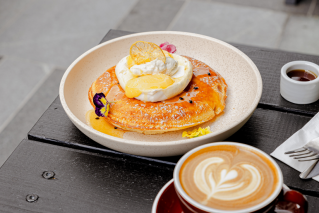Bullying, harassment rife in Aussie music industry
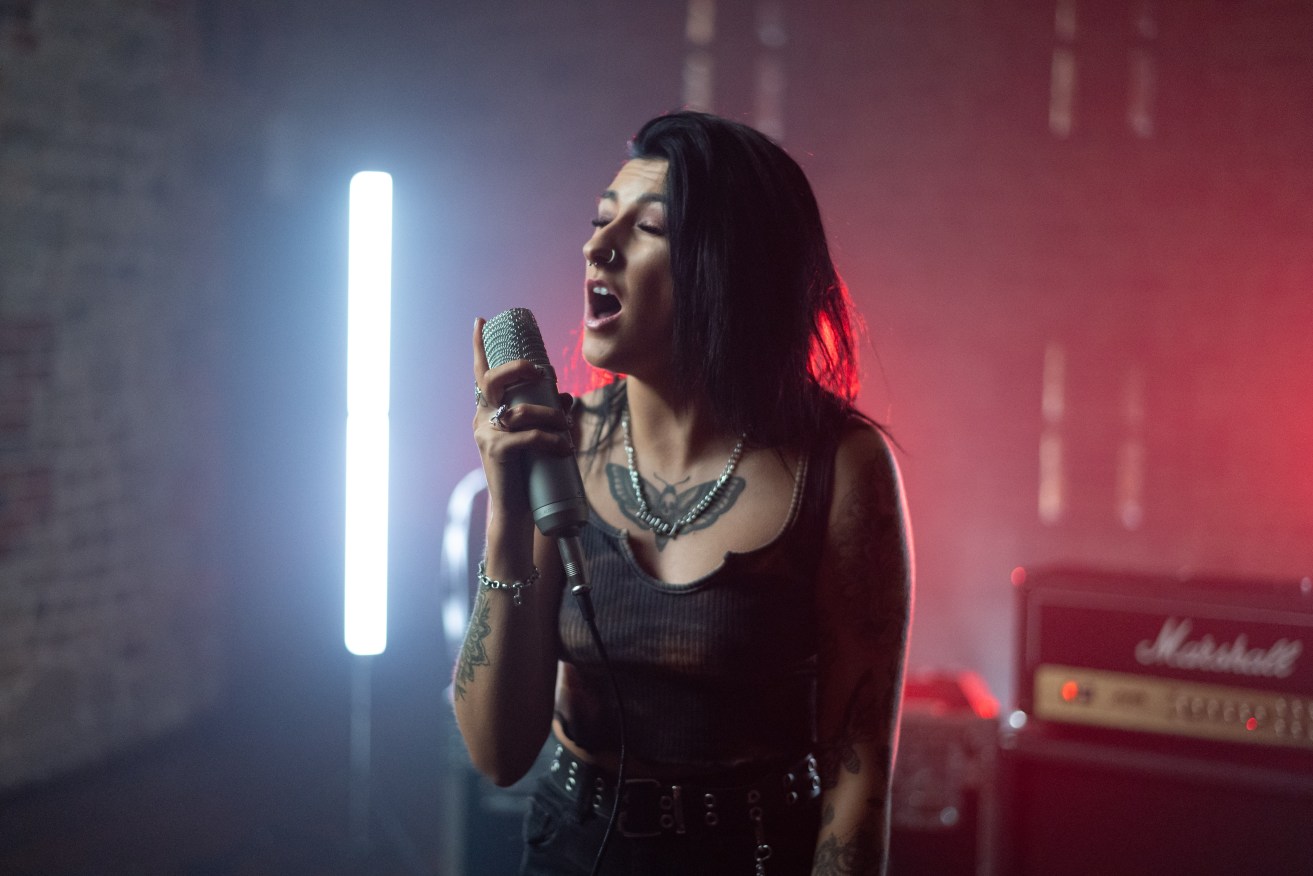
The report made 17 recommendations including the establishment of a government-funded council tasked with reforming the music industry's culture and developing an enforceable code of conduct. (Image: Harry Shelton/Unsplash)
Harassment, sexualised harm and bullying are rife in the Australian music industry, an independent review has found.
More than half those working in the music trade have experienced sexual harassment or harm at work, according to the Raising Their Voices report released on Thursday.
In a large-scale survey of music workers, 55 per cent of respondents said they had been subjected to sexual harassment and harm, including 72 per cent of women and 32 per cent of men.
“Serial perpetrators are often an open secret and are not always held to account,” the report found.
The review states that its findings constitute a watershed moment for the industry, with “a concerning picture of risk, inequality and discrimination for many …. urgent, direct, practical and sustained action is required”.
The managing director of the Australian Festivals Association, Julia Robinson, who helped steer the review, thanked the more than 1600 people who told their stories.
“It’s across industry, which is unprecedented not just in music across the world, but in other industries as well… So this is pretty important work,” she told AAP.
The $500,000 review was born of discussions sparked by the Me Too movement and overseen by a group of prominent industry figures including performer Jaguar Jonze.
Researchers also built up a picture of endemic harassment, and worse, through almost 300 private interviews.
“The manager … is notorious for hiring young women … You’re made to feel you were so lucky to be working there. He had grossly sexual behaviour,” one worker said.
“(These male artists) have done gross sexual stuff to women. They are misogynists and don’t respect women,” said another.
A lack of job security alongside a passion for music meant people were more likely to put up with unacceptable behaviour, the review found.
Of those who participated through surveys or confidential interviews, 78 per cent had experienced “everyday sexism” and another 76 per cent had been subjected to workplace bullying, overwhelmingly by men.
Only three per cent of those who participated in the review’s survey formally reported that they had been harassed due to a perceived lack of accountability for perpetrators.
The report also found Indigenous people working in music experienced systemic and direct racism.
“I had been booked for a gig and once the venue realised it was a Black show, the venue shut us down. Pubs in particular have historically been too racist to book gigs,” one performer told the review.
The chief of industry associations ARIA and PPCA (Phonographic Performance Company of Australia) said the report’s findings were not acceptable.
“The findings of the Music Industry Review are completely unacceptable and distressing. We acknowledge the harm outlined in the report and the impact on the lives of victim survivors,” the chief executive of both associations, Annabelle Herd, said in a statement.
The report made 17 recommendations including the establishment of a government-funded council tasked with reforming the industry’s culture and developing an enforceable code of conduct.
It also recommended music gigs and other industry events and organisations should aim to meet gender parity benchmarks by 2030.
